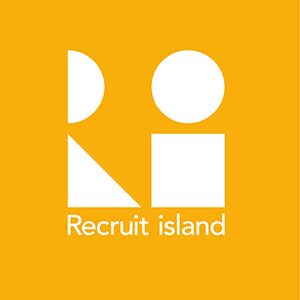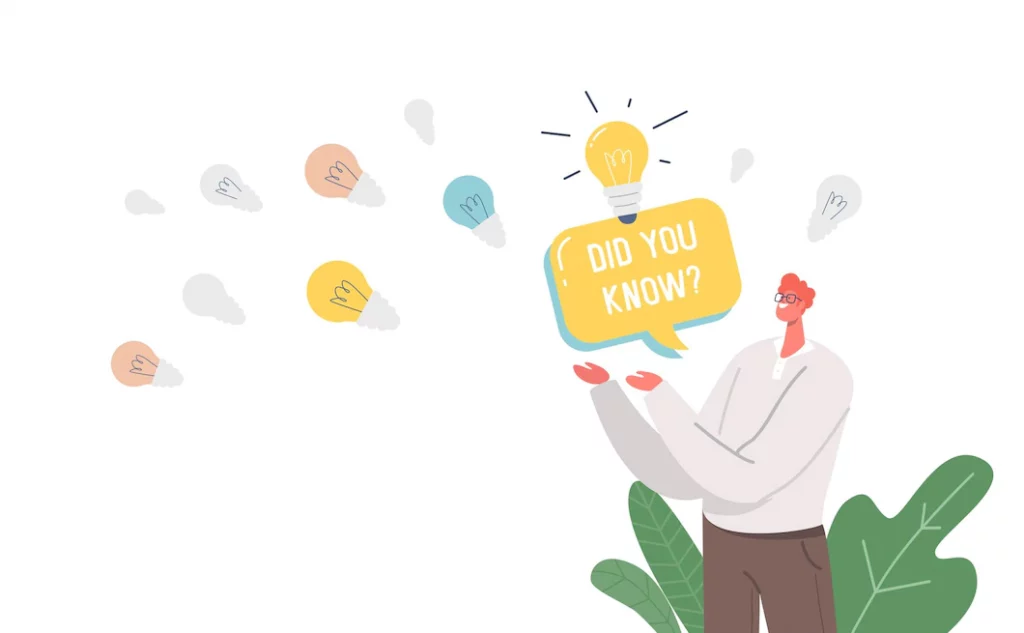Diversity and Inclusion in the Irish Workplace: Best Practices for Recruiters and Employers
Diversity and inclusion in the workplace are becoming increasingly important considerations for employers, recruiters, and HR professionals. This is especially true of Irish workplaces, organisations must be proactive in their efforts to create diverse and inclusive teams. It is not only a moral imperative but also a strategic advantage for employers, fostering innovation, enhancing employee engagement, and improving overall business performance. As such, having a comprehensive understanding of how to effectively promote diversity and inclusivity should be at the forefront of every recruiter’s mind when sourcing potential candidates.
By carrying out best practices, recruiters and employers working within the Irish employment market create more equitable workplaces, become dynamically diverse and stay ahead when it comes to their future workforce makeup.
Inclusive teams are over 35% more productive and diverse teams make better decisions 87% of the time, according to D&I Global Market Report.
Our Top Tip
Honour workers’ cultural and religious practices through a simple activity such as sending an email in a celebratory fashion or by issuing paid time off. This demonstrates respect and interest towards their culture.

At Servisource we pride ourselves on creating an all inclusive work environment where everyone can feel welcomed. We take part in BeProud virtual cafes, training days around diversity, equity and inclusivity, as well as awareness days. Diversity Equity & Inclusion are at the heart of how we operate and as a certified “Great place to work”, this helps us to build trusted relationships with clients and staff.
Develop a Clear Inclusive Strategy
Developing an effective strategy is essential to ensuring that the workplace is a welcoming and accepting environment for everyone. There are several key best practices that can guide efforts in this area.

Employers should continuously re-evaluate the strategy and measure its effectiveness to ensure it is achieving its intended outcomes.
Provide Diversity Training
Training should be about promoting understanding and acceptance of different cultures, beliefs, and backgrounds. Employers should also focus on offering a variety of resources to support diversity, not just training sessions.

A commitment to ongoing diversity training can foster a positive and supportive environment for all employees.
Implement Inclusive Hiring Practices
As the push for inclusivity in the workplace continues to grow, recruiters and employers must implement inclusive hiring practices in order to attract and retain a diverse range of talent.

By incorporating these best practices, recruiters and employers can create an inclusive hiring process that benefits both the organisation and its employees.
Expand Recruitment Channels
As the world becomes more and more digitised, traditional ways of recruiting candidates are no longer enough. Employers and recruiters need to expand their recruitment channels in order to reach the most qualified candidates.

In order to effectively expand recruitment channels, employers and recruiters need to be proactive and adaptable in their approaches.
Embracing diversity and inclusion in the workplace is an increasingly important element for employers and recruiters in Ireland. By using the above effective strategies, they can play an invaluable role in fostering equitable working environments. Having a diverse and inclusive workforce helps make sure that everyone has a seat at the table and feels valued. This increased sense of belonging leads to greater morale across the board and higher productivity rates.
Ultimately, it is up to recruiters and employers to ensure that all workers feel welcome and respected through intentional recruiting methods that support diversity and inclusion-related initiatives.





























 Encouragement is a win-win. Support employees and let them know what they are doing is worth it and not going unnoticed. Encouragement will make you feel good as you build your relationship with employees and it will encourage employees to keep up their hard work.
Encouragement is a win-win. Support employees and let them know what they are doing is worth it and not going unnoticed. Encouragement will make you feel good as you build your relationship with employees and it will encourage employees to keep up their hard work.